We may earn money or products from the companies mentioned in this post. This means if you click on the link and purchase the item, I will receive a small commission at no extra cost to you ... you're just helping re-supply our family's travel fund.
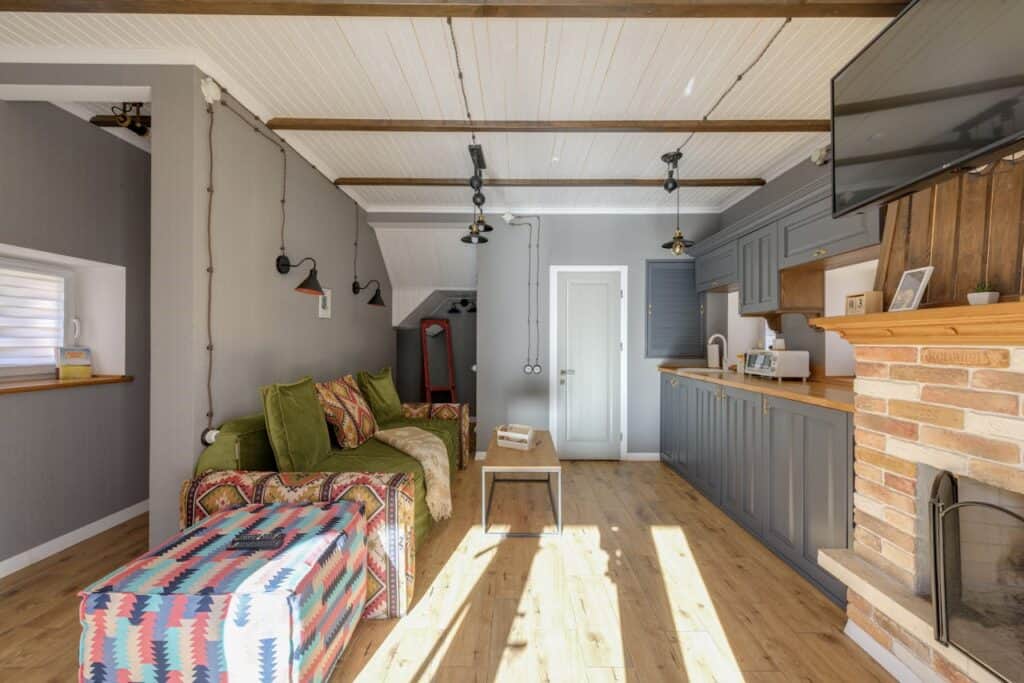
Booking a vacation rental or cabin can feel like a gamble. You want comfort, charm, and convenience, but behind the cozy walls, hidden hazards can lurk. Electrical issues are one of the most overlooked risks. Faulty wiring, overloaded outlets, and outdated systems can turn a relaxing getaway into a serious safety concern. Knowing what to watch for gives you peace of mind and keeps your trip worry-free. Here’s what you need to spot before plugging in.
1. Frayed or Exposed Wiring
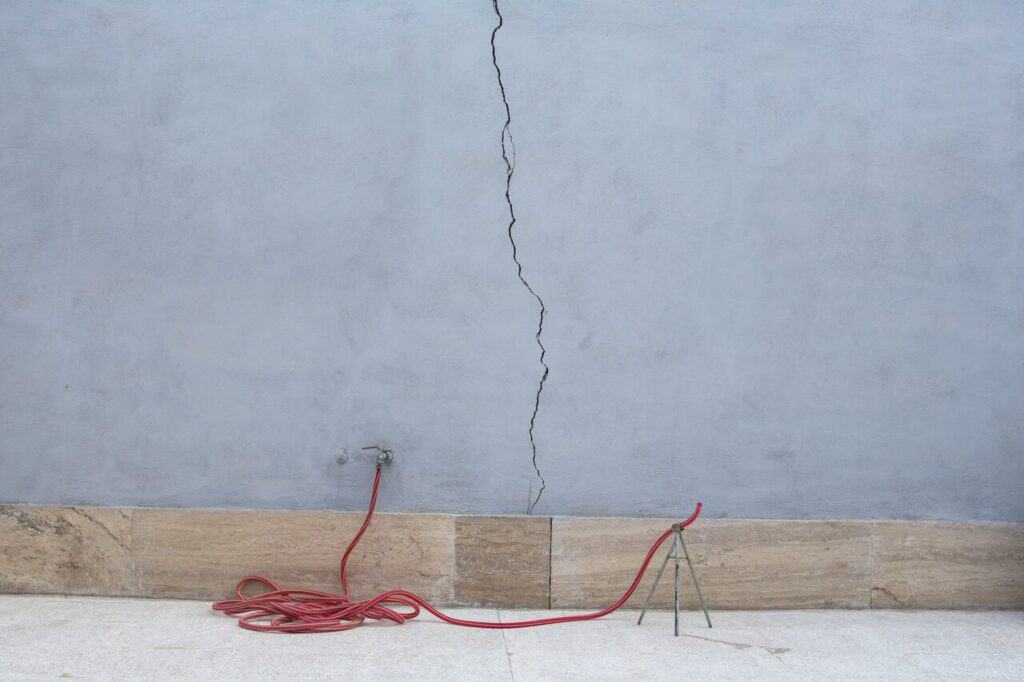
Even a quick glance can reveal dangerous wiring issues. Frayed cords, wires sticking out from walls, or makeshift repairs suggest the property hasn’t been properly maintained. This isn’t just unsightly—it’s a serious fire risk. You might notice loose wall plates, wires hanging near furniture, or electrical tape patches covering previous damage. These warning signs indicate that the rental’s electrical system could be unstable. When you see frayed or exposed wiring, it’s best to alert the host immediately and avoid using the outlet or appliance.
2. Outdated Electrical Panels
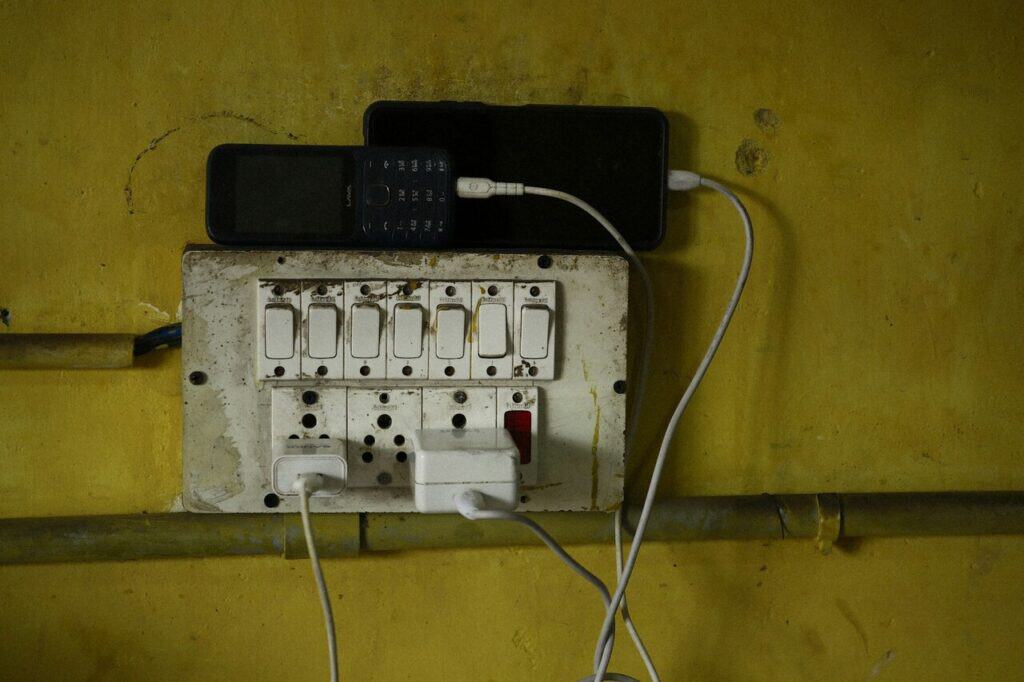
Older cabins and vacation homes often have outdated panels that can’t handle modern electrical loads. If the breaker panel looks corroded, rusted, or is missing labels, that’s a red flag. Homes built decades ago may still rely on fuses or panels not equipped for contemporary electronics and appliances. Overloaded circuits can cause frequent trips or even sparks. Before plugging in multiple devices, check the panel’s condition and ask your host about any recent upgrades. A modern, properly labeled panel reduces the risk of electrical hazards significantly.
3. Non-Grounded or Two-Prong Outlets
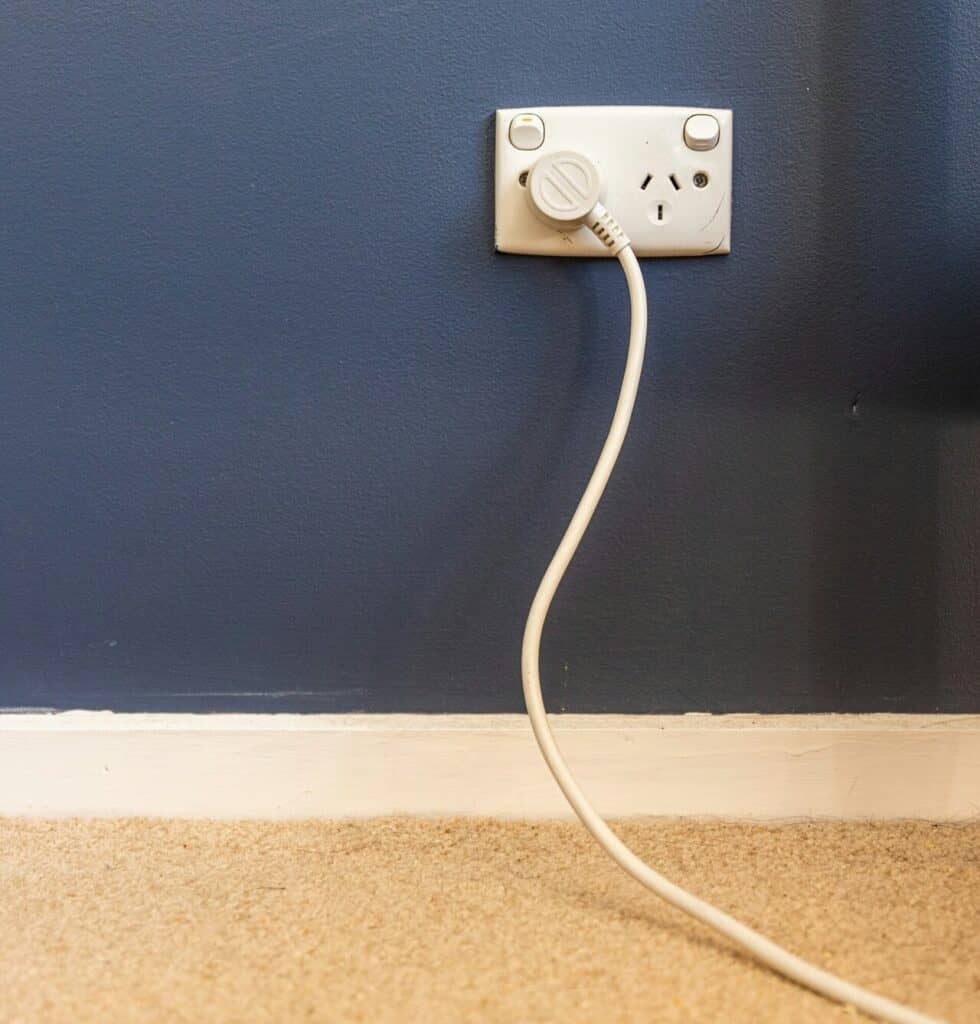
Two-prong outlets are a hallmark of older construction, but they’re not designed for today’s electrical demands. Without a proper ground, you risk electric shock or appliance damage. Grounded outlets usually have three slots and are safer for high-wattage devices like hair dryers, coffee makers, and laptops. Using adapters to bypass grounding can be dangerous. If you spot two-prong outlets throughout the property, consider it a sign to either limit appliance use or request an alternative property.
4. Overloaded Power Strips and Extension Cords
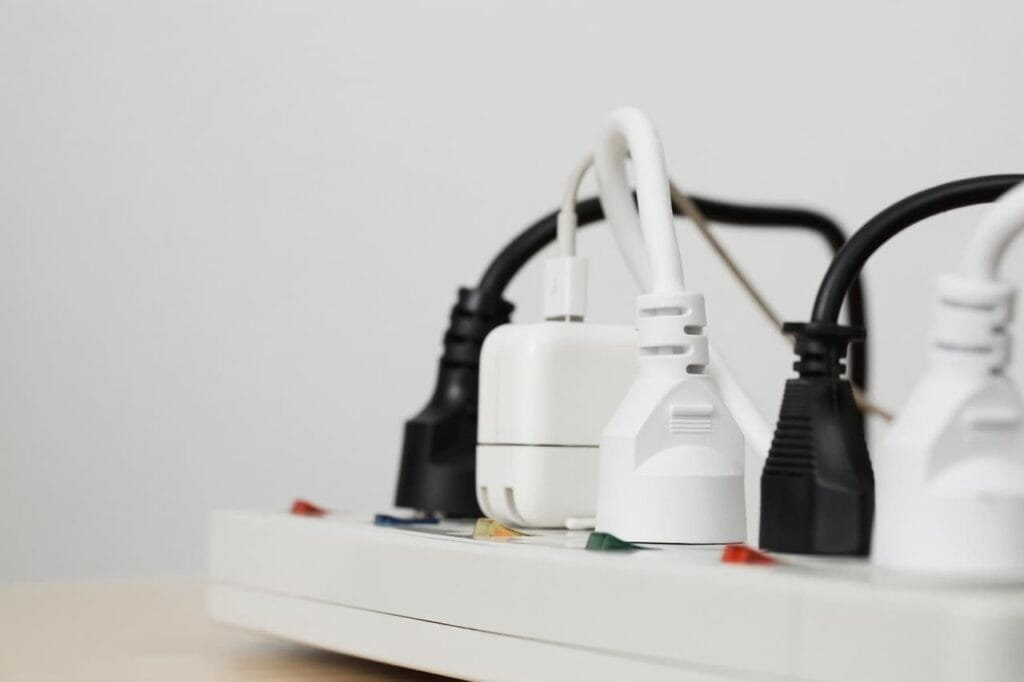
Vacation rentals often hide the temptation of daisy-chaining extension cords or overloading power strips. Multiple devices plugged into a single strip can overheat quickly, especially if high-wattage appliances are involved. You might see a jumble of cords under the desk, behind the entertainment center, or in the kitchen. This isn’t just inconvenient; it can spark fires. Stick to using one appliance per outlet or bring your own surge protector. Overloading outlets is one of the most common causes of electrical incidents in rentals.
5. Frequent Circuit Breaker Trips
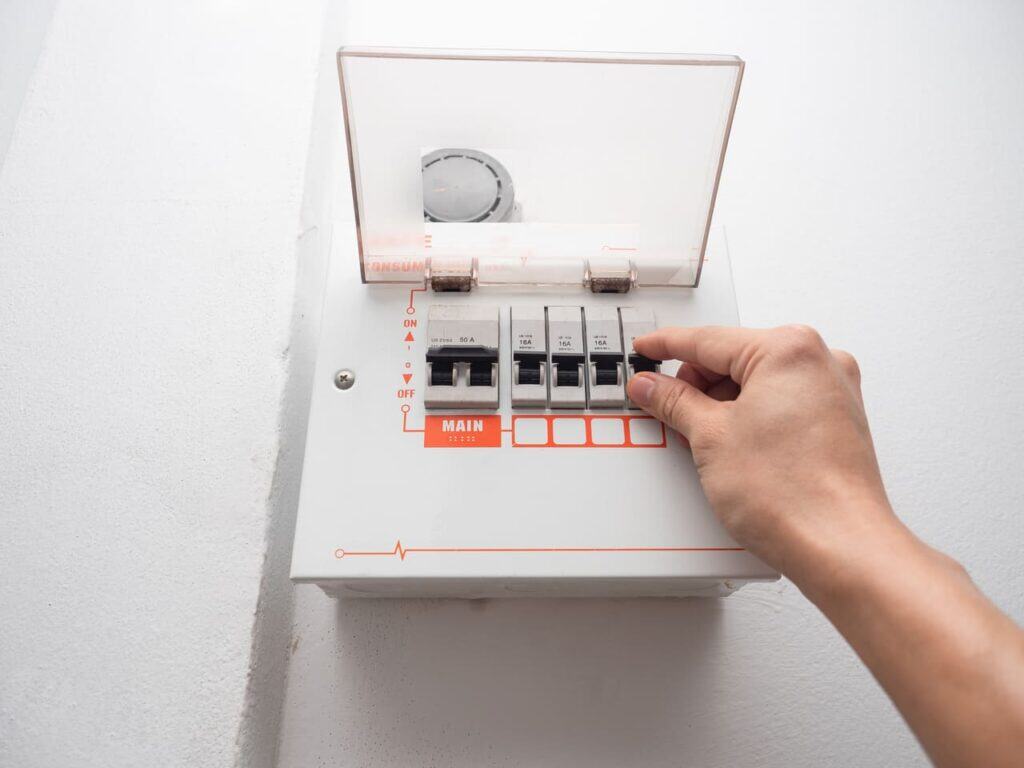
A circuit breaker that constantly trips is trying to tell you something. It may indicate the system is overloaded, wiring is faulty, or a device is drawing too much current. While breakers are protective, repeated trips suggest deeper issues that shouldn’t be ignored. Check which outlets are affected and avoid using them until the problem is addressed. If a breaker trips during your stay, inform the host immediately. Ignoring frequent trips can lead to fire hazards or permanent damage to the rental’s electrical system.
6. Warm or Sparking Outlets
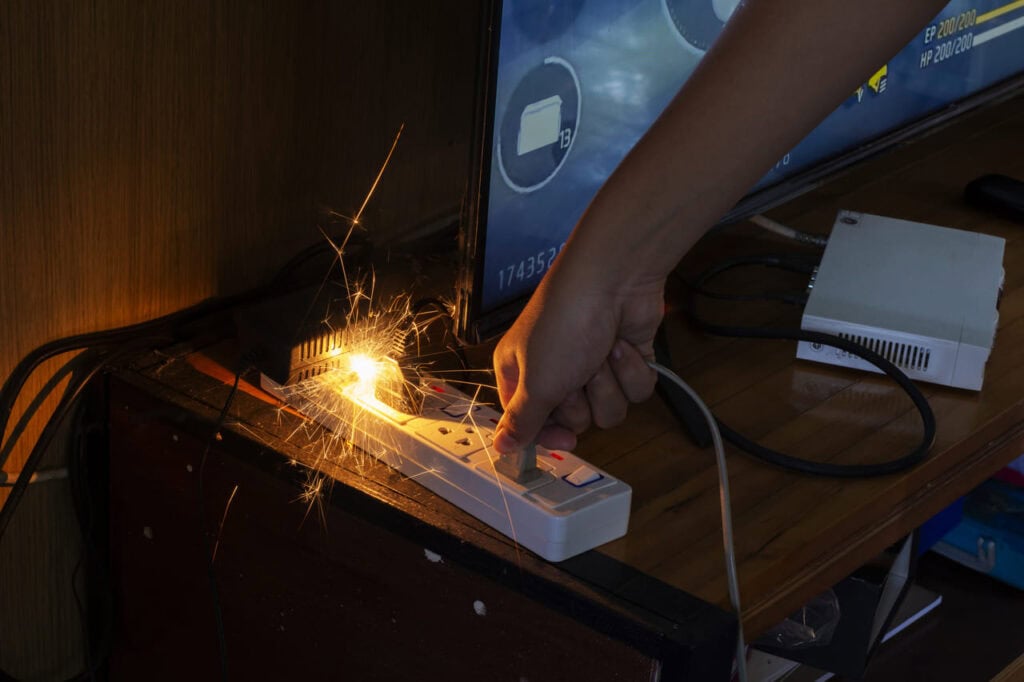
Touch an outlet and it feels warm, or notice tiny sparks when plugging in a device—both are clear warnings. Warmth indicates excessive current, which can melt insulation and ignite fires. Sparking usually points to loose connections or faulty wiring. These problems aren’t always visible, but even minor sparks or heat shouldn’t be ignored. Never attempt DIY fixes in a rental. Report the issue to the host and avoid using that outlet or nearby devices until it’s resolved.
7. Flickering or Dimming Lights
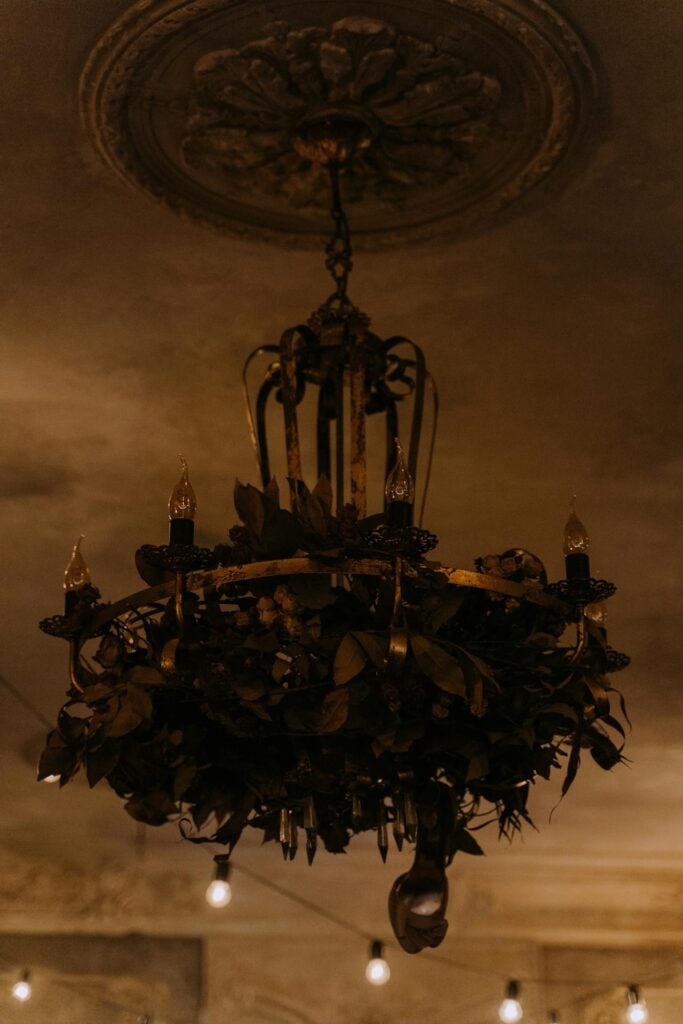
Lights that flicker or dim randomly may be more than a nuisance-they could signal unstable voltage or loose connections. This often happens when circuits are shared by too many high-wattage devices or when wiring is degraded. Pay attention to when flickering occurs: is it every time an appliance runs, or randomly throughout the day? Either scenario indicates an electrical system that could be risky. Consistently flickering lights should prompt you to minimize appliance use and alert the property manager.
8. Unlabeled or Missing Circuit Breakers
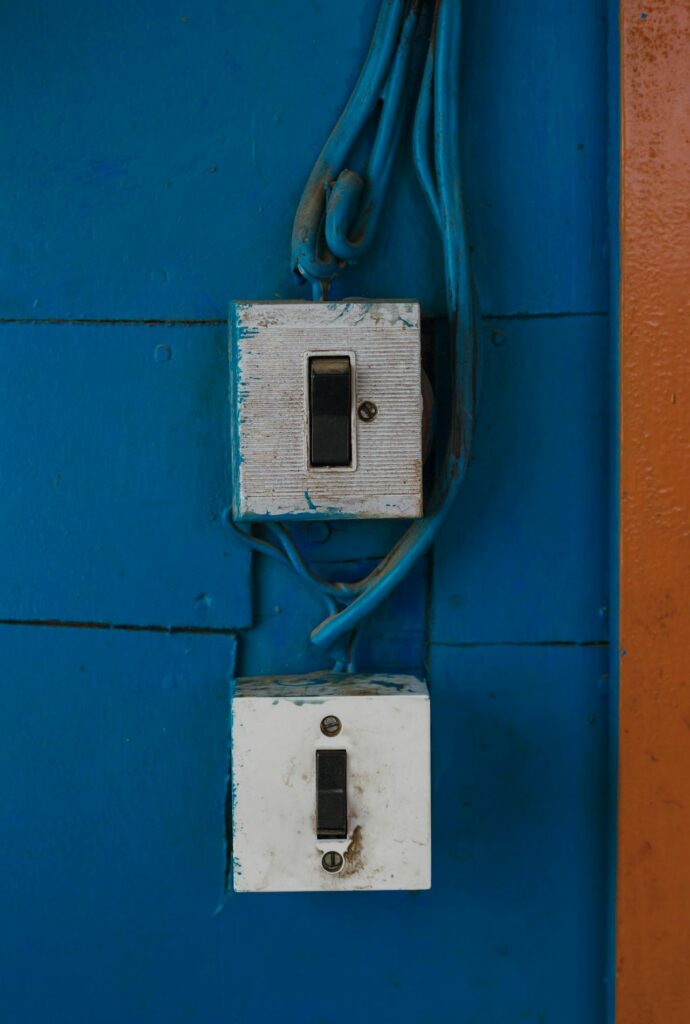
Circuit breakers should be clearly labeled so you can identify which circuits control which areas. Unlabeled or missing labels mean you might inadvertently trip a crucial circuit, or be unable to cut power in an emergency. This is especially important in vacation rentals with multiple rooms or appliances. Lack of labeling can slow down responses to electrical issues and increases risk during outages. Make a note of which breakers seem to affect which areas as soon as you arrive.
9. Evidence of Water Damage Near Electrical Systems
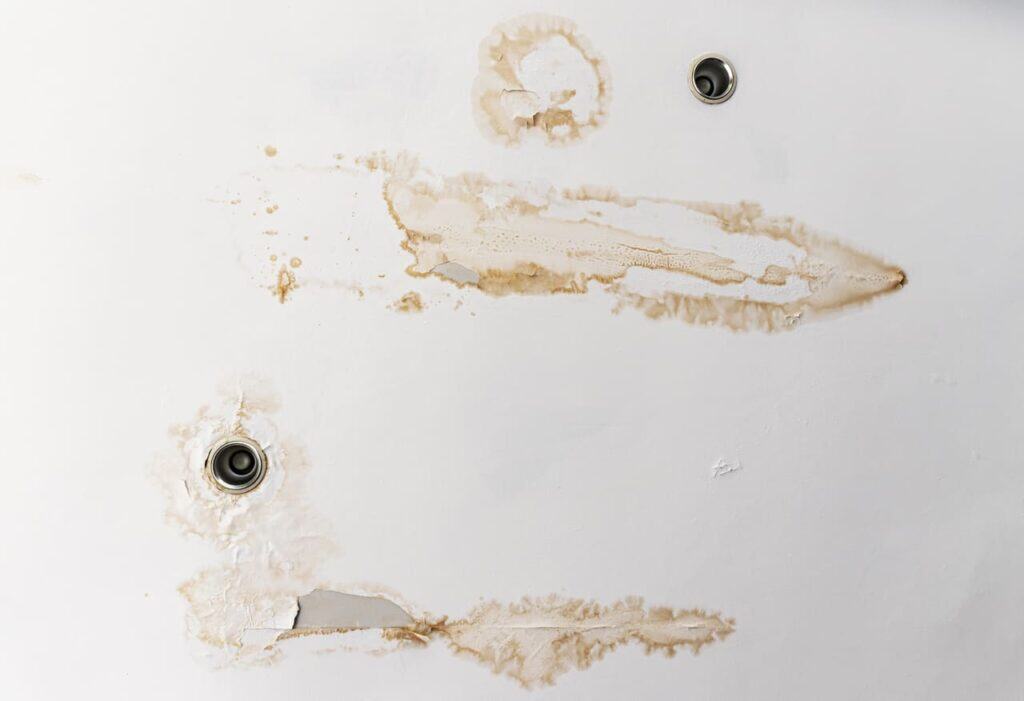
Water and electricity never mix. Signs like water stains on walls, ceilings, or near outlets and switches are immediate red flags. Moisture can corrode wires, damage insulation, and create a real risk of electric shock. Even minor leaks near outlets should be treated seriously. If you notice any water damage, avoid using outlets in the affected area and alert the host. A property with unresolved water-related electrical issues is unsafe for occupancy.
10. Lack of GFCI Outlets in Wet Areas
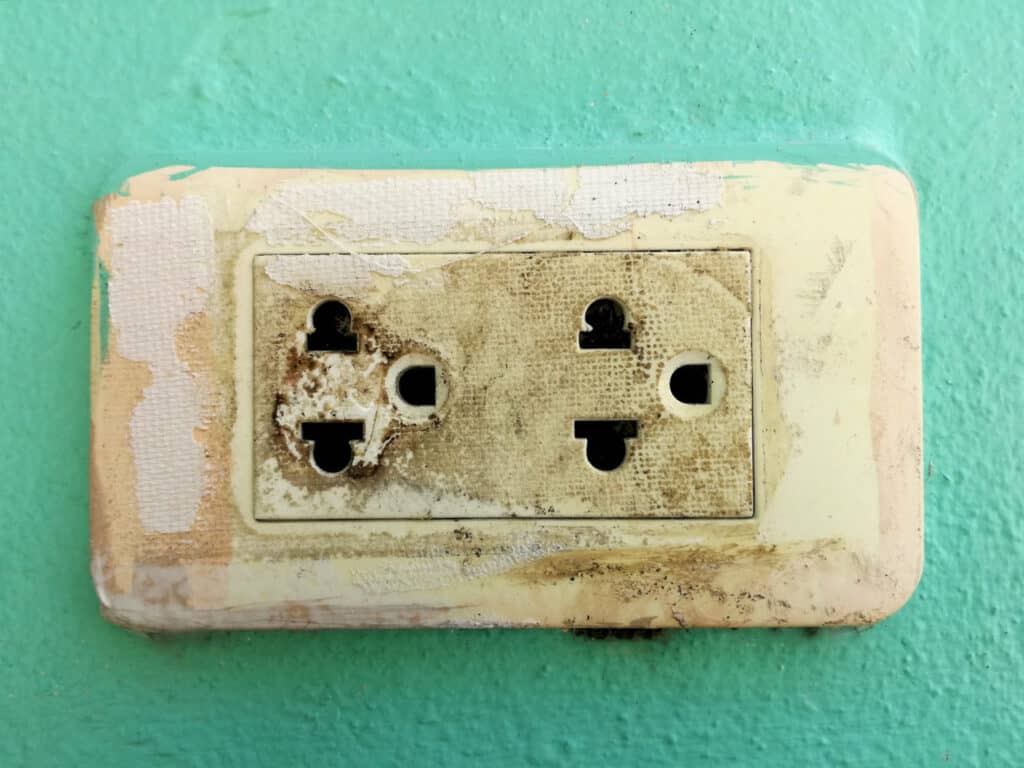
Bathrooms, kitchens, and outdoor spaces should have Ground Fault Circuit Interrupter outlets to protect against electric shock. If you see standard outlets in these wet zones, that’s a hazard. GFCIs are designed to cut power quickly if current flows incorrectly, preventing injury. Absence of these outlets is especially concerning in cabins near lakes or pools. Use caution with any electrical device near water and discuss concerns with the host. A properly equipped rental prioritizes safety in every wet area.